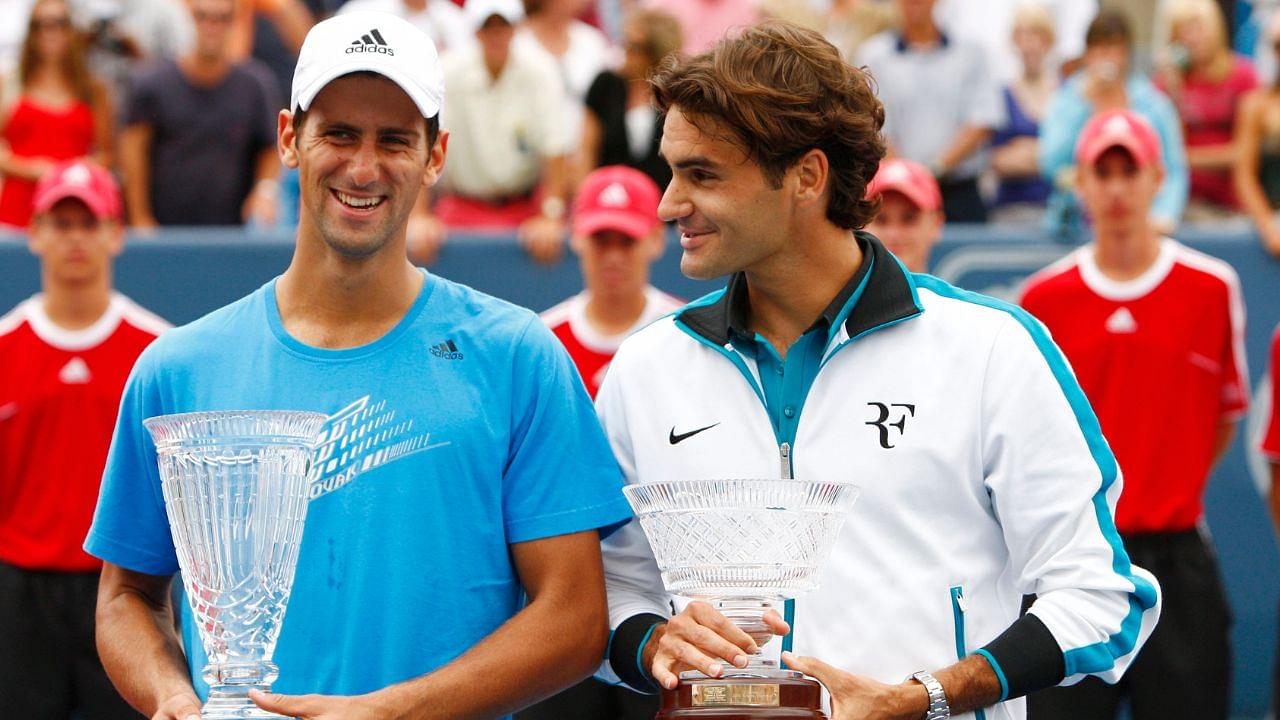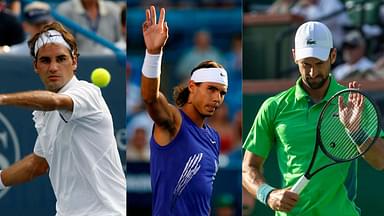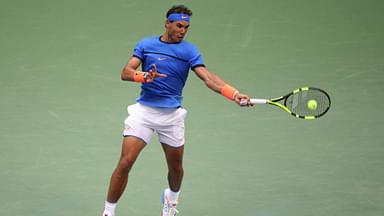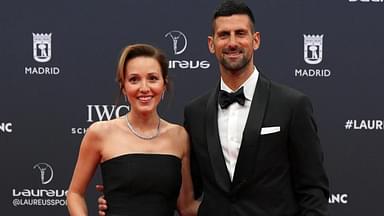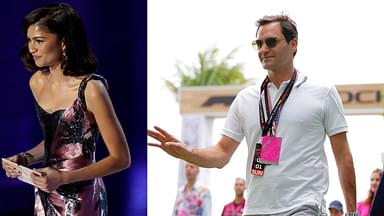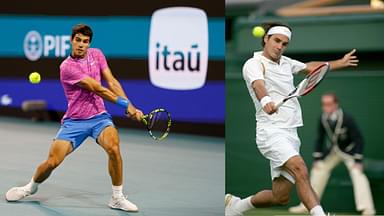Roger Federer said he had created a ‘monster’ with his success after falling in straight sets to Novak Djokovic at the 2008 Australian Open. This signaled a change of guard in tennis as the Swiss never managed to beat the Serb in the first Slam of the season ever after this.
Federer reigned supreme on the tour in the 2000s. He and Rafael Nadal dominated the field, barely letting other players have a shot at big titles. Federer was World No.1 from February 2004 to August 2008, a record that probably will never be broken. From the 2005 Wimbledon to the 2007 US Open, he made it to the finals of every Grand Slam. His run of 10 Majors finals ended when Novak Djokovic defeated him in straight sets in the 2008 Australian Open.
This was Federer’s first straight-set loss in a Grand Slam in over four years. After the match, he claimed he was a victim of his own accomplishments (via Independent). His unprecedented dominance meant fans had unrealistically high expectations of him. He said his success had become a monster, requiring him to win every competition
“I’ve created a monster, so I know I always need to win every tournament.”
Federer believed constantly winning meant fans would treat even losing a set as a sign of bad form. He said it’s not easy to triumph all the time as other elite or in-form opponents can be tough to face. He said he has faced many players who were on some record streak.
“Winning every other week means that when I just lose a set people say I’m playing bad. It’s my own mistake, I guess. It’s not easy coming out every week trying to win. You’ll always run into fellow top 10 players or other guys on a streak who surprise you. That’s the difficulty about tennis. I’ve had this for a long, long time. I’ve had to deal with all sorts of different streaks.”
Talking about streaks, Federer was on many before Djokovic brought it to a screeching halt. He beat the then-reigning World No.1 7-5, 6-3, 7-6 to set up a final with Jo-Wilfried Tsonga. This was the first Grand Slam final without either Federer or Nadal since the 2005 Australian Open. Djokovic eventually won the title for his first Grand Slam trophy.
Roger Federer straight-set loss to Novak Djokovic in 2008 AO was the passing over of the baton
Roger Federer rightfully said he had created a monster out of his own success. Before the 2008 AO semi-final loss to Novak Djokovic, he had won eight of the 10 consecutive Grand Slam finals he reached. Overall, the Swiss had already collected 12 Majors titles.
Djokovic’s win was the first time since the 2004 French Open that Federer fell to a straight-set defeat in the Slams. In the third round of the 2004 Roland Garros, Guga Kuerten dispatched him 6-4, 6-4, 6-4. He responded by winning 10 of the next 14 Grand Slam championships.
The 2008 Australian Open defeat proved to be a symbol of the times to come. It halted Federer’s imperious run while Djokovic went on to win the title, the first of a record-breaking 24 (and counting). This was the seventh meeting between the pair and with the win, the Serb took the head-to-head to 2-5. However, by the time Federer retired, Djokovic led 27-23.
Additionally, Federer never defeated Djokovic at the Australian Open after that as the Serb picked up 10 trophies in Melbourne. The 2007 Round of 16 remains his only win over the current World No.1 in the Slam Down Under.
